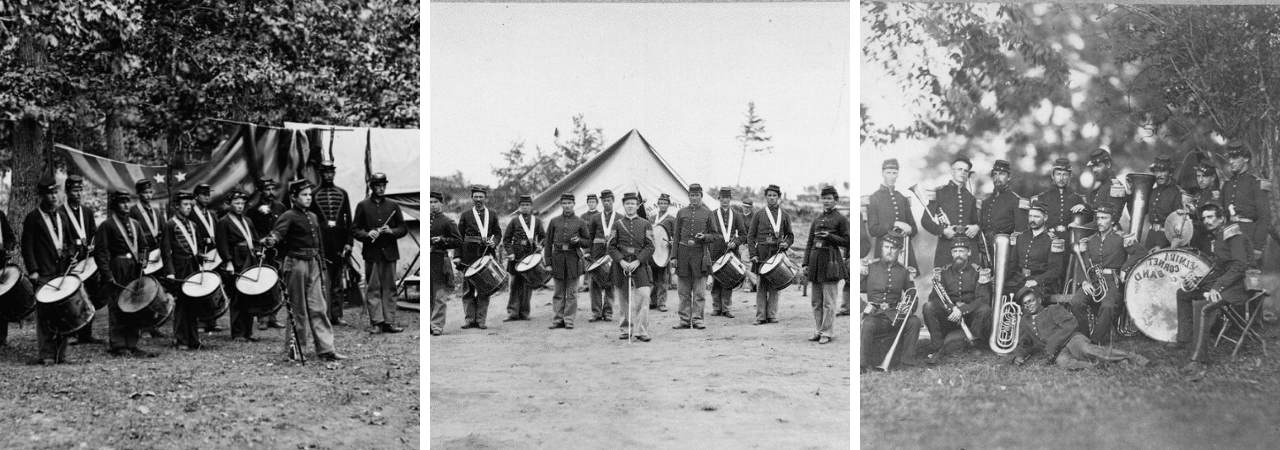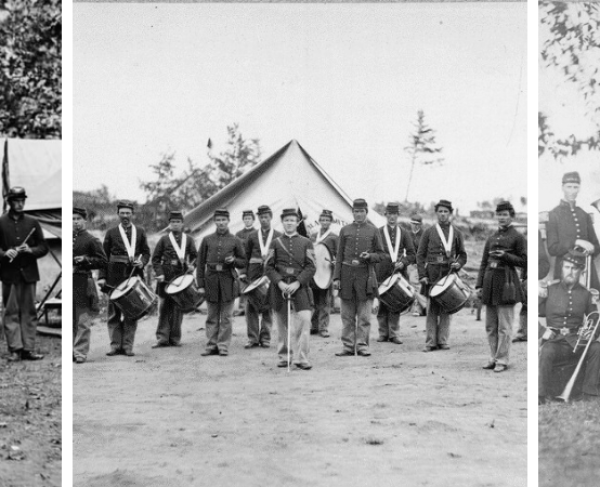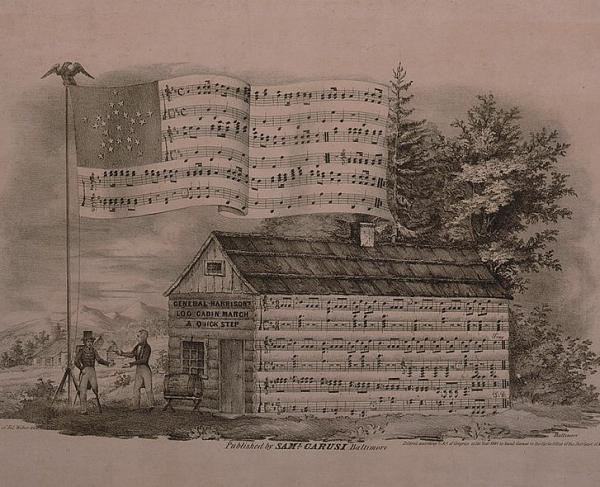
Stephen Foster published one of the greatest American gems, “Camptown Races” in February 1850. The Christy Minstrels popularized the song, becoming a staple of American music and the minstrel show. The song tells the story of a horse race in Camptown, Pennsylvania. Stephen Foster attended school close to the town and traveled through it shortly before composing his hit piece. Horse racing was an extremely popular 19th century American pastime, though it is thought that the Camptown race may have been an illegal one. The tune is also known by the name “Camptown Ladies,” and the illegality of the race also calls into question the profession of the “ladies.”
Foster may have used the popular 1843 song “Old Dan Tucker” by the Virginia Minstrels as inspiration for his piece, as the structure is similar. Regardless, Camptown Races would become one of Foster’s most famous and successful pieces, one that would sweep the nation and still be known widely today. Richard Jackson, curator of the Americana Collection at New York Public Library, writes of the tune:
Foster quite specifically tailored the song for use on the minstrel stage. He composed it as a piece for solo voice with group interjections and refrain ... his dialect verses have all the wild exaggeration and rough charm of folk tale as well as some of his most vivid imagery ... Together with “Oh Susanna,” “Camptown Races” is one of the gems of the minstrel era.
F. D. Benteen published a varied version of the song guitar accompaniment in 1852 under the title “The Celebrated Ethiopian Song, Camptown Races,” and this became a widely played variant. The song would reach such a height of popularity and had such a saucy connotation that one town in New Jersey would actually change its name from “Camptown” to “Irvington.” “Camptown Races” remains, to this day, one of the greatest American songs written.
In the Nutmeggers’ recordings featured on “In High Water: Songs of the Civil War,” we hope to do justice to those musicians who came before us, and especially those who gave their all, that we might see “a new birth of freedom.” We seek to honor the spirit and humanity of those brave souls who fought so that this nation might live. This is their music, and these are their stories.
Sources
“Camptown Races.” Song of America, Library of Congress, 2024, songofamerica.net/song/camptown-races.
Foster, Stephen C. “Camptown Races.” Colby College, www.colby.edu/music/saunders/misc/camptown.pdf.
Leavitt, Grace. “The Catchy Past: Separating the Song from the History.” American Music, St. Olaf College, 7 Mar. 2018, pages.stolaf.edu/americanmusic/2018/03/07/the-catchy-past-separating-the-song-from-the-history/.
“Marker: A Crooked Road: Pennsylvania's Route 40.” Explore PA History, explorepahistory.com/hmarker.php?markerId=1-A-2FA.

